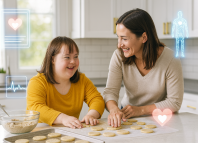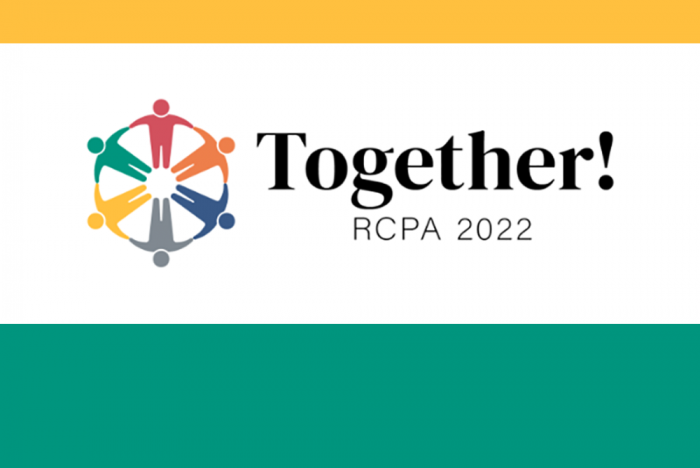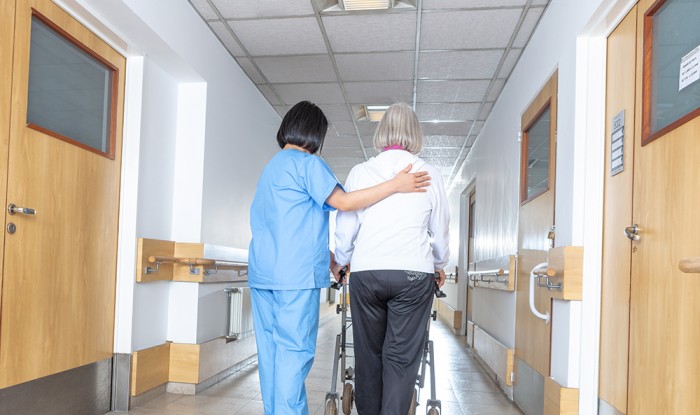COVID Raises Risk of Long-Term Brain Injury, Large U.S. Study Finds
Agenda for October 4 MLTSS Subcommittee Meeting Released
The agenda for the October 4, 2022, Managed Long-Term Services and Supports (MLTSS) Subcommittee has been released by the Office of Long-Term Living (OLTL).
As a reminder, the meeting will be held in person and will also offer participation via webinar. The meeting will take place at the PA Department of Education’s Honors Suite, 333 Market Street in Harrisburg, from 10:00 am – 1:00 pm. To register, visit here.
Dial-In Number:
The dial-in number is: (914) 614-3221
Access Code: 803310710#
Race & Disability Webinar Series — October 12 and November 17
Next FMS Stakeholder Webinar Scheduled for Oct. 7
The Office of Long-Term Living (OLTL) will conduct a Financial Management Services (FMS) stakeholder webinar on October 7, 2022, from 1:00 pm – 2:30 pm. This public meeting will be to discuss upcoming changes for the administration of FMS under the Community HealthChoices (CHC), OBRA Waiver, and Act 150 programs. Representatives from the Office of Long-Term Living (OLTL) and CHC Managed Care Organizations will be in attendance to discuss upcoming changes. Registration is required to participate in the webinar. After registering, you will receive a confirmation email containing information about joining the webinar.
If you choose to use your phone to call in, please use the numbers below:
Dial in: (631) 992-3221
Access Code: 988871316#
Audio PIN: shown after joining the webinar
2022 RCPA Conference: Together! — A Special Thank You to Our Exhibitors
RCPA staff and the Conference Committee are gearing up for our long-awaited in-person conference to be held in Hershey, PA, October 11 – 14, 2022! We would like to highlight our current line-up of exhibitors, who will be showcasing their products in our Beacon Health Options Connections Hall October 12 – 13. Attendees will be able to connect with exhibitors face-to-face as well as through our mobile app and take part in a points-driven game to earn coveted prizes! Be sure to register here to attend the conference and participate in this exciting game! RCPA thanks our exhibitors for their support of our 2022 Conference!
 |
||
ProVantaCare Launches eAccessTM Physical Health and Analytics Resource
Opportunity Announced for Additional Support With Infection Prevention & Control for Personal Care Homes
The Pennsylvania Department of Health (DOH) and the Department of Human Services (DHS) recently released an announcement to personal care homes (PCH) regarding an opportunity to pursue additional support with infection prevention and control, COVID-19 response readiness, and other infectious disease preparedness at no cost.
DOH, in partnership with APIC Consulting Services, has developed a specially-tailored Infection Control and Response (ICAR) tool to assist a limited number of Personal Care Homes through an on-site assessment and consultation, development of improvement action plans, and numerous options for follow-up support.
Please see the announcement for details about pursuing this opportunity. Funding for the program is limited, and access to these services will be on a first come, first served basis. This program is not available to Assisted Living Residences or Personal Care Homes in Philadelphia County.
Questions can be sent electronically.
ANCOR Stateside Report — September 19
Meeting Materials From September MLTSS Subcommittee Are Now Available
The Office of Long-Term Living (OLTL) has released the meeting materials from the September 7, 2022, Managed Long-Term Services and Supports (MLTSS) Subcommittee meeting. In addition to the PowerPoint presentations being included, there is also a meeting transcript. You can find the materials below:
- 2021 HCBS CAHPS Statewide Survey Results
- August 3 MLTSS Follow-Up Documents & Links
- Home Modifications During Nursing Home Transition Overview
- Home Modifications During Nursing Home Transition — Complete
- MLTSS Subcommittee Meeting Transcript
- OLTL Updates — Sept. 7, 2022
- Public Health Emergency Unwinding Strategies & Activities
The next MLTSS Subcommittee meeting is scheduled for October 4, 2022.
















